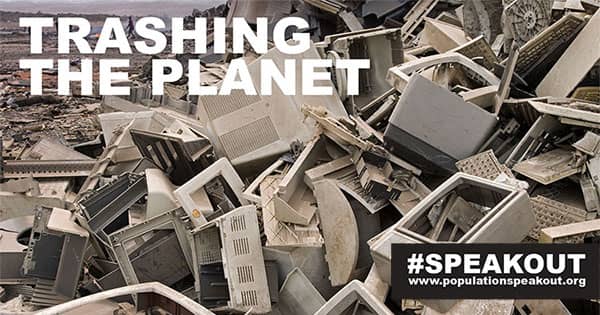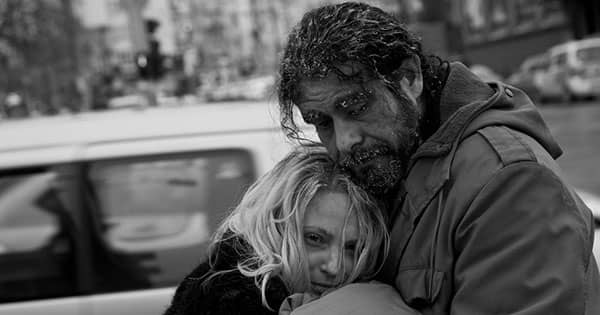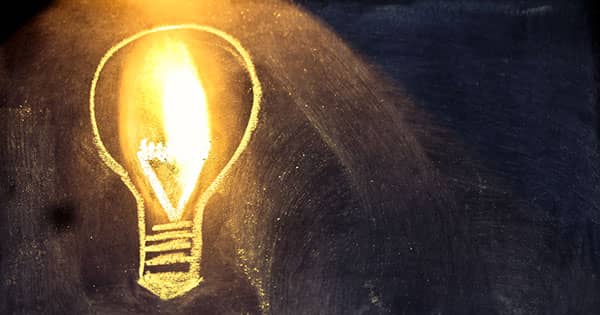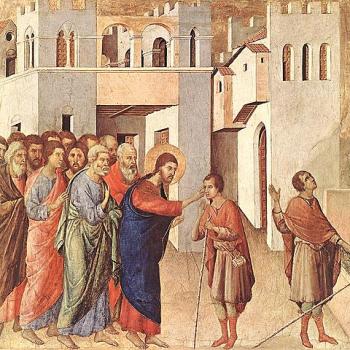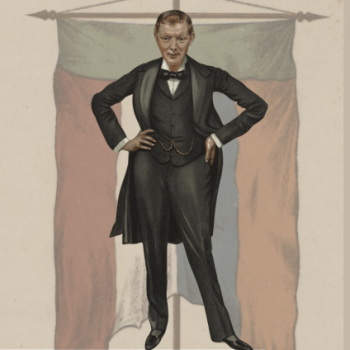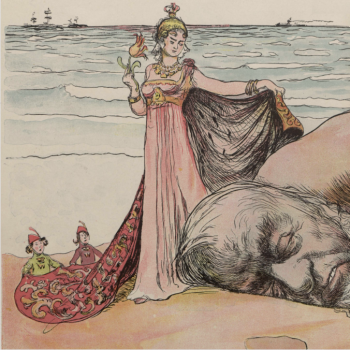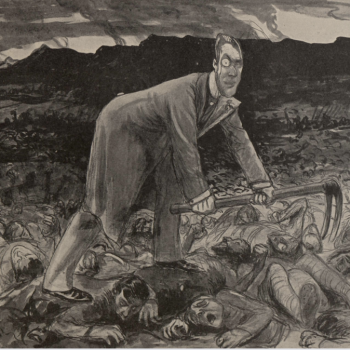- Trending:
- Forgiveness
- |
- Resurrection
- |
- Joy
- |
- Feminism
- |
- Afterlife
Consumerism Gone Wild and the Disparities of Wealth
Many historians trace the rise of consumerism as a way of life to 19th-century changes in capitalist theory. One example is Thorstein Veblen’s “Conspicuous Consumption” argument, which suggests that wealth can create addictions to material goods and pleasurable experiences in ways that erode the common good.
Clearly we are in an age of wasteful consumption among the wealthy, and increasing hopelessness among the poor. The gap is increasing, and there seem to be few solutions in sight. What personal, community, and governmental practices might bring some relief to this crisis, and how do religious traditions have a role to play? Has consumerism become a religion?
Commentary From Our Blogging Community
Featured Panelists
Patheos Archives
TOPICS
Patheos regularly hosts a variety of symposiums and series on current events and trending topics. Open the list below for a full offering of our topical pages featuring curated columns, blogs, and articles by subject.
PUBLIC SQUARE
In the Public Square, we connect the timely and the timeless and host conversations about some of the most important questions in life. For a full list of topics featured in our Public Square open the list below.
Our Most
Popular


